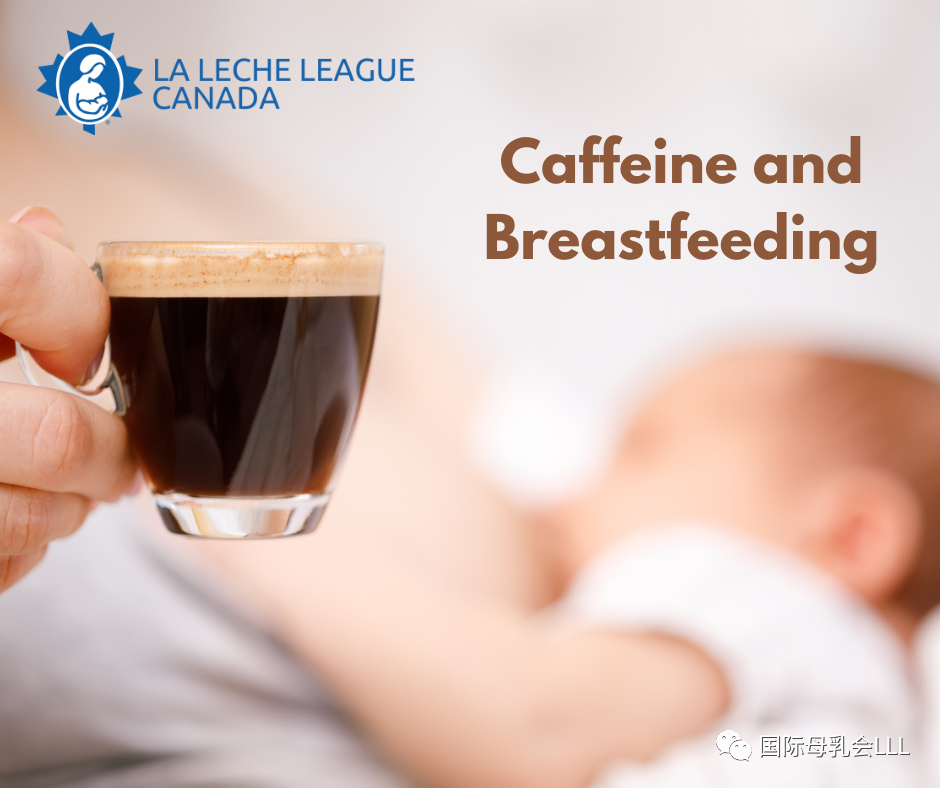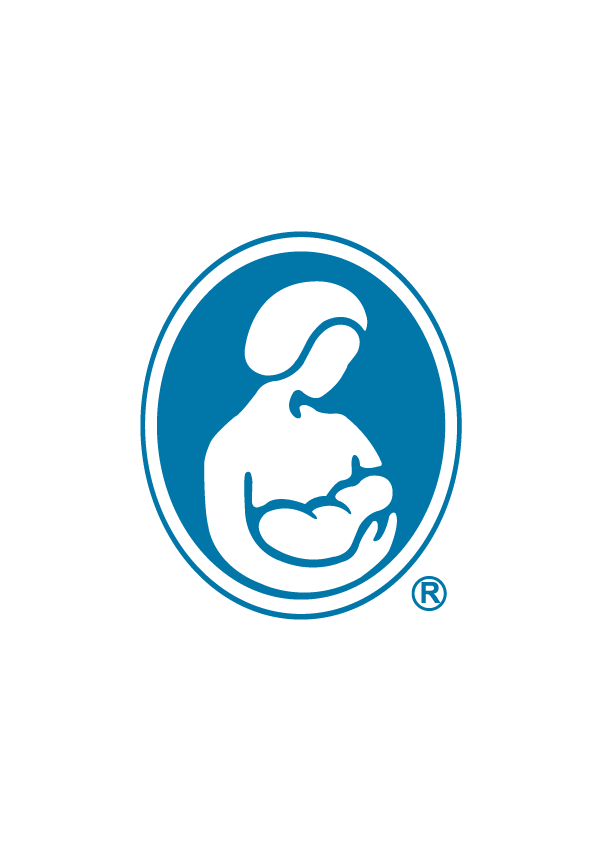点击上方“国际母乳会LLL” 设为星标,获取哺乳信息

图|国际母乳会中国图片库
很多妈妈在生宝宝之前都有喝咖啡的习惯。一旦哺乳之后,妈妈就很担心咖啡对宝宝造成的影响,而心里却又对咖啡念念不忘。纠结之下,很多哺乳妈妈都选择为了宝宝好而不喝咖啡。
其实对于大多数母乳妈妈来说,她们能够享用适量的咖啡因。重点是没有发现对宝宝有任何影响。
重要的是,要全面考虑您一整天吃的食物中可能的咖啡因来源,包括:

Caffeine and Breastfeeding
Many people enjoy their morning cup of coffee, including breastfeeding mothers. But you might wonder what kind of impact this could have on your baby.



参考资料
References:
La Leche League International. (2021, June). Caffeine. https://www.llli.org/breastfeeding-info/caffeine/
Mohrbacher, Nancy. (2020). Breastfeeding Answers: A Guide for Helping Families, Second Edition. Nancy Mohrbacher Solutions, Inc.National Library of Medicine. (2022, June 20). Caffeine. Drugs and Lactation Database (Lactmed). https://www.ncbi.nlm.nih.gov/books/NBK501467/Dieticians of Canada. (2018, April 26). Facts on Caffeine. UnlockFood.ca. https://www.unlockfood.ca/en/articles/caffeine/facts-on-caffeine.aspx
Updated 2022

END
译者 | Lynn
审阅 | 传艳、楠楠
编辑 | 李热爱

找到我们
微信公众号|视频号|小红书|抖音|新浪微博|今日头条|哔哩哔哩|腾讯视频|优酷
搜索关键字“国际母乳会LLL”


更多阅读资料,
欢迎大家访问“国际母乳会LLL”官网:
https://www.muruhui.org/
分享
收藏
点赞
在看

本篇文章来源于微信公众号: 国际母乳会LLL
